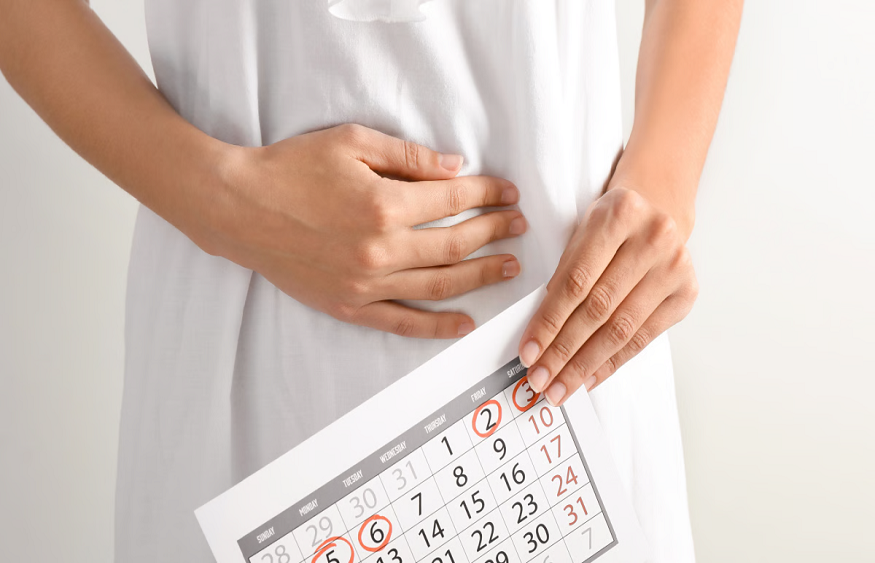Deciphering the Menstrual Cycle: A Quick Handbook on Women’s Health
The female body is a marvel of nature, and one of its most remarkable processes is the menstrual cycle. The menstrual cycle is a normal part of a woman’s life that is often misunderstood and buried in mystery.
In this concise guide, we’ll delve into the complexities of the menstrual cycle, discussing its phases and the roles of hormones and busting some popular myths so that you can move forward with understanding and confidence.
Embrace the Menstrual Cycle
Let’s start by eliminating the shame associated with menstruation. Menstruation is a regular aspect of life and indicates a healthy reproductive system. It’s time to embrace and celebrate it!
Understanding your body’s menstrual cycle empowers you to make informed choices about your reproductive health. Whether it’s tracking your cycle for contraception or planning for pregnancy, knowledge is critical.
If you are opening to learning more on health as a woman, Germie has all the information you may be seeking.
Understanding the Phases
The average length of a woman’s menstrual cycle is 28 days, though this varies from woman to woman. It consists of four distinct stages:
- Menstruation: The menstrual bleeding phase lasts between three and seven days. This is when the uterine lining is removed, and menstruation begins.
- Follicular Phase: Ovarian follicles mature during this period, just before ovulation. The first 14 days of a typical cycle are prime time.
- Ovulation: The ovary releases a mature egg around day 14. If a couple has sexual relations while unprotected, a pregnancy is more likely to result.
- Luteal Phase: Pregnancy preparations begin after ovulation. Without fertilization, hormone levels fall, and the process starts again.
Hormones in Action
The hormones that tightly control the menstrual cycle are:
- Estrogen: During the first part of the menstrual cycle, this hormone peaks, causing the uterine lining to thicken and the eggs to mature.
- Progesterone: Progesterone is the hormone that takes center stage after ovulation to keep the uterine lining in place and prepare the body for a prospective pregnancy.
- Follicle-Stimulating Hormone (FSH): FSH stimulates the development of follicles in the ovaries.
- Luteinizing Hormone (LH): LH triggers ovulation, releasing the mature egg from the follicle.
Debunking Myths
Let’s clear up some common misconceptions:
- You Can’t Swim During Your Period: The use of tampons or menstrual cups is highly recommended for women who enjoy swimming while on their period.
- PMS Is Just in Your Head: In the days coming up to their periods, many women experience the physical and mental symptoms known as premenstrual syndrome (PMS). It’s not made up, and everyone experiences it differently.
- You Can’t Get Pregnant During Your Period: Pregnancy is less common, but not impossible, especially for women with shorter menstrual cycles.
Seek Medical Advice When Necessary
Don’t put off seeing a doctor if you have severe menstruation pain, irregular periods, excessive bleeding, or any other worrying symptoms. These may indicate the presence of more severe health problems.
Having periods is an inevitable and essential part of being a woman. Knowledge is power, and you can get that power by learning about its phases and the functions of hormones and busting popular myths.
Let’s end the taboo and shame surrounding menstruation to appreciate the fantastic female body and all its nuances fully. Now is the moment to live with self-assurance, knowledge, and agency towards your reproductive health.



